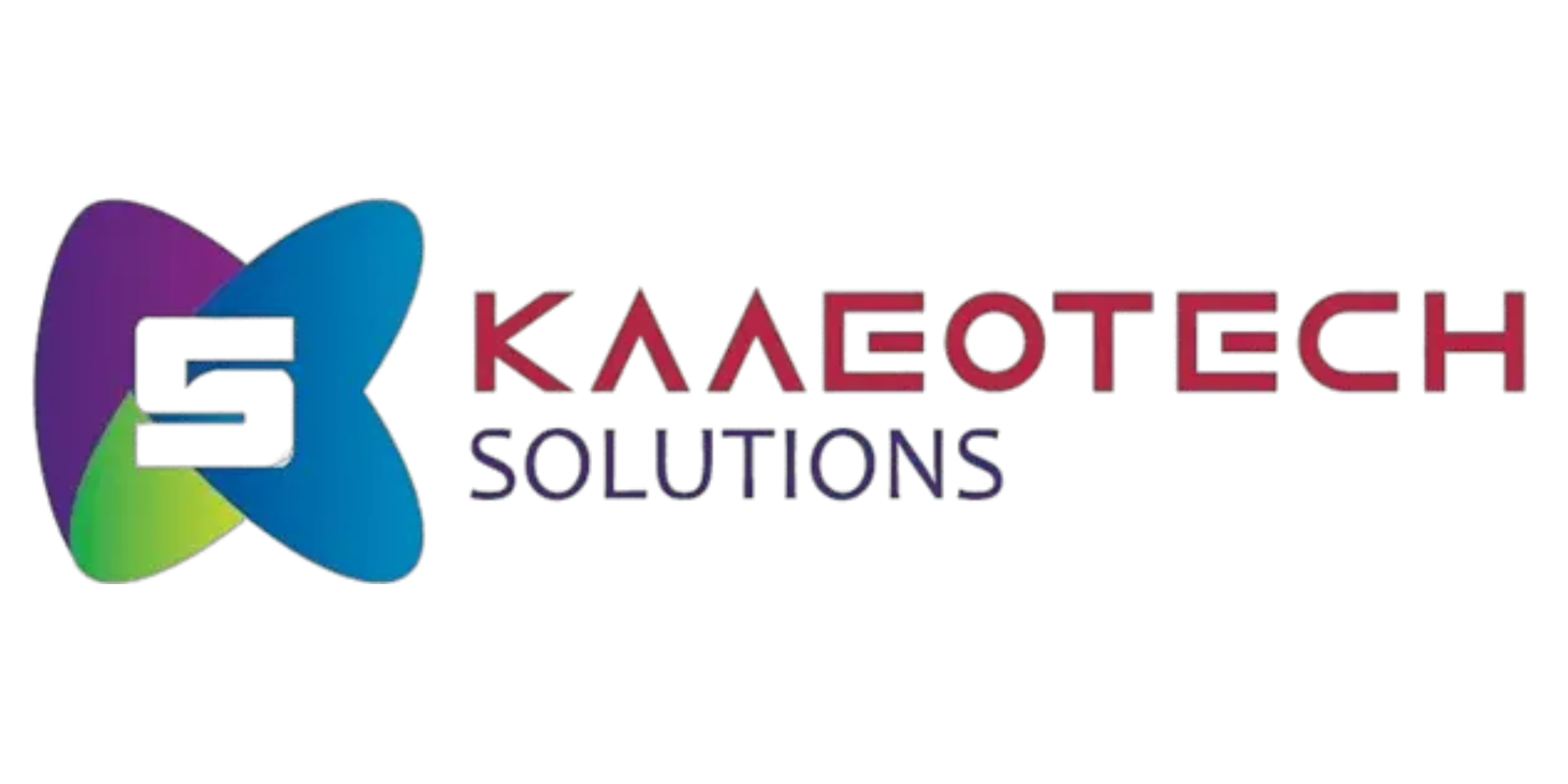Digital Marketing: Strategies for Online Success
Explore the dynamic world of online marketing and discover the most effective strategies to reach and engage your target audience, boost brand visibility, and drive business growth in the digital age.
Unlocking the Power of Digital Marketing: A Comprehensive Guide
In the ever-evolving landscape of business and commerce, online marketing has emerged as a powerful tool that can significantly impact an organization’s success. With the rapid proliferation of digital platforms and the increasing reliance on the internet, This marketing has become a cornerstone of modern marketing strategies. This article provides a comprehensive overview of marketing, its significance in the contemporary business world, and the key principles that drive successful marketing campaigns.Understanding Digital Marketing:
Digital marketing, simply put, is the practice of using digital channels, such as search engines, social media, email, and websites, to connect with current and potential customers. Unlike traditional marketing, online marketing leverages the vast reach and interactivity of the internet to promote products, services, or brands.
Key Components of Digital Marketing:
To grasp the essence of online marketing, it is essential to explore its key components:
1. Search Engine Optimization (SEO):
SEO is the process of optimizing a website’s content and structure to rank higher in search engine results. It aims to increase a website’s visibility, organic traffic, and credibility.
2. Social Media Marketing:
Social media platforms have become essential for brand building and customer engagement. Through compelling content and advertising, businesses can connect with their audience on platforms like Facebook, Twitter, Instagram, and LinkedIn.
3. Content Marketing:
Content marketing involves creating and distributing valuable, relevant content to attract and retain a target audience. Blogs, articles, videos, and infographics are common forms of content used to educate, inform, and entertain potential customers.

4. Email Marketing:
Email marketing is a powerful channel for direct communication with customers. It can be used for promotions, newsletters, product updates, and customer engagement.
5. Pay-Per-Click (PPC) Advertising:
PPC advertising allows businesses to display ads on search engines and other platforms, paying only when a user clicks on the ad. It’s a cost-effective way to drive immediate traffic to a website.
6. Affiliate Marketing:
In affiliate marketing, businesses partner with individuals or other businesses to promote their products or services. Affiliates earn a commission for each sale or lead generated through their marketing efforts.
7. Analytics and Data Analysis:
Data-driven decision-making is a critical aspect of online marketing. Marketers analyze data to measure the success of campaigns, understand user behavior, and make informed adjustments to improve results.

The Significance of Online Marketing:
This marketing has become indispensable for several reasons:1. Wide Reach:
The internet has a global reach, enabling businesses to connect with a vast audience regardless of geographic boundaries.2. Cost-Effective:
Compared to traditional advertising, this marketing is often more cost-effective, making it accessible to businesses of all sizes.3. Targeted Marketing:
Digital marketing allows for precise audience targeting. Marketers can tailor their messages to specific demographics, interests, and behaviors.4. Real-Time Engagement:
With online marketing, businesses can engage with their audience in real time, responding to inquiries and feedback promptly.5. Measurable Results:
Unlike traditional marketing, digital marketing offers precise measurement and analytics, allowing businesses to track the performance of their campaigns and make data-driven improvements.
Effective Principles of Marketing
Successful digital marketing campaigns are built on a foundation of key principles:
1. Clear Goals:
Define specific, measurable, achievable, relevant, and time-bound (SMART) goals to guide your marketing efforts.
2. Audience Understanding:
Develop a deep understanding of your target audience, including their needs, preferences, and pain points.
3. Content Quality:
Create high-quality, relevant content that provides value to your audience and addresses their needs.
4. Consistency:
Consistency in messaging, branding, and content delivery across digital channels is crucial for building trust and recognition.
5. Mobile Optimization:
Ensure your digital marketing efforts are mobile-friendly, as a significant portion of internet traffic comes from mobile devices.
6. Adaptability:
Stay current with the latest digital marketing trends and technologies to remain competitive in the online marketplace.
Digital marketing is a dynamic, ever-evolving field that has revolutionized the way businesses connect with their audience. Understanding its key components and principles is essential for any organization seeking to thrive in the digital age. By leveraging the power of digital marketing, businesses can increase their online presence, engage with their target audience, and ultimately drive business growth in an increasingly digital world.


